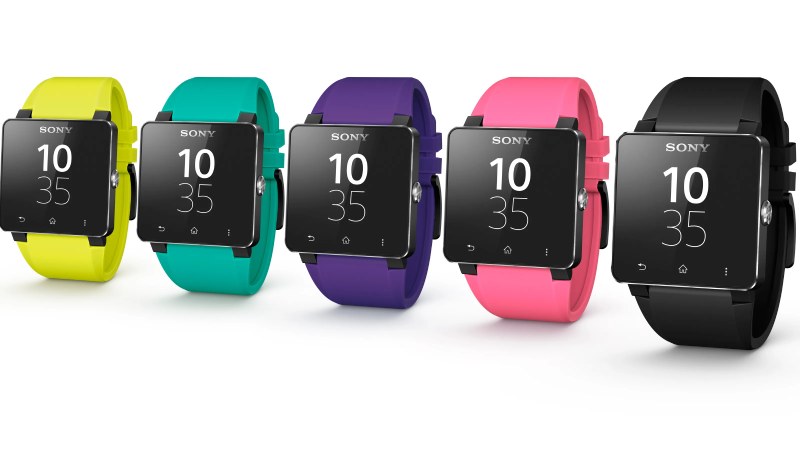
Due to its many features, smartphones have become an essential part of the lives of most consumers. It allows them to do everything from work and communicate to play games, listen to music, and shop. Furthermore, a sizable portion of consumers place almost equal value on smartwatches like the Apple Watch. In fact, wearables have been more popular since 2021, as evidenced by Interpret's New Media Measure®, which shows that 41% of US consumers in 2023 reported owning a fitness tracker or smartwatch, up from 37% two years earlier.
But with technology developing at a dizzying rate and AI starting to enhance more and more gadgets, it's possible that smart clothes or accessories that can be quickly attached to clothing will replace many of the features found in smartphones and smartwatches. For instance, the Humane AI Pin, which attaches to clothing and effectively replaces a person's smartphone by projecting apps, calls, voice assistance, and more on hands or other surfaces, enables sci-fi-like interactions on body parts. Imran Chaudhri, a former design director of Apple, recently revealed plans to launch the Humane AI Pin.
The company stated in a press release that "Our AI Pin presents an opportunity for people to take AI with them everywhere and to unlock a new era of personal mobile computing which is seamless, screenless, and sensing."
The wearable pin, which will be available by year's end and run on Qualcomm's Snapdragon technology, has cameras, sensors, speakers, and AI-enhanced interaction. Chaudhri asks aloud if it's acceptable for him to eat a bar of chocolate in a TED Talk demonstration. After quickly scanning it, the pin says, "Given your intolerance, you might want to avoid it."
Present-day wearables that have access to biometric data can already provide users with individualized feedback and real-time insights regarding their fitness or health objectives. The next step will probably be to incorporate biometric tracking sensors into real fabrics. Hexoskin, a company, is already producing smart shirts with integrated textile sensors that monitor an individual's breathing and perform heart ECGs in real time.
Another ubiquitous piece of apparel that is being smartly treated is socks. While Siren Socks track a person's foot temperature and may provide a means of identifying diabetic ulcers before they form, Sensoria manufactures socks with unique pressure sensors to monitor a runner's foot landing, cadence, and stride length.
In the end, it's impossible to predict how advanced everyday clothing will get in the future thanks to microchips and AI. One day, looking at a smartphone or wearing a watch may seem archaic.
Global consumer insights company Interpret works at the nexus of technology, media, and entertainment. clientele comprises of telecom companies, digital entertainment producers and distributors, social media platforms, video game publishers, esports leagues and advertisers, and consumer electronics companies that specialize in mobile, smart home, and Internet of Things technologies.
Through in-depth analyses of consumer attitudes, media-related behaviors, and consumer technology, Interpret's custom and syndicated insights services assist clients in navigating the increasingly fragmented media landscape. The company has offices in San Francisco, Dallas, Seattle, London, Munich, Seoul, and Shanghai in addition to its headquarters in Los Angeles, California.